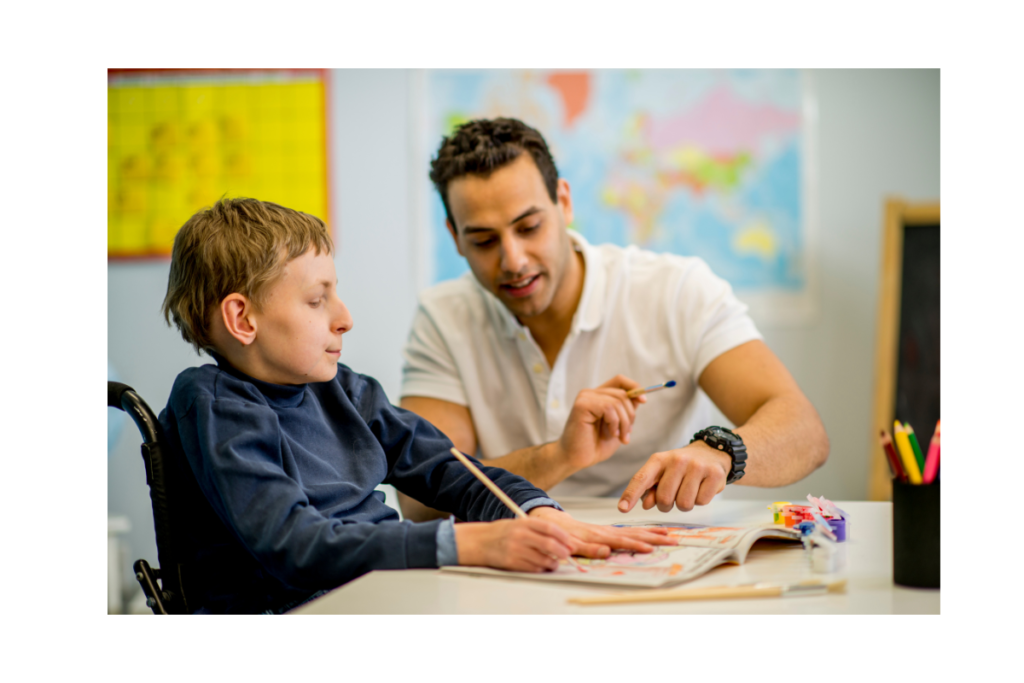A developmental delay is when a kid takes more time than usual to do certain things than his peers. However, these are usually temporary, and early intervention can greatly help achieve great results. Let’s understand developmental delay through the story of a 4-year-old Kabir in this article.
Patient’s story: When his parents noticed that Kabir did not talk as well as his classmates, they got concerned. He struggled to comprehend simple gross motor skills like writing and drawing. They spoke with a paediatrician regarding this.
Symptoms:
If your child is showing the following signs, speak with a paediatrician:
● Speech and Language Skills: difficulty talking, can’t form sentences, or unable to communicate their needs.
● Motor Skills: limited movements in arms and legs, as well as age-appropriate activities like not being able to sit independently at 9 months or rolling over.
● Social and Emotional Development: Unable to get along with friends, can’t express their feelings, or play with children of the same age group.
Diagnosis:
Diagnosing developmental delays involves several steps:
- Medical History: to understand factors that might impact development, such as a mother’s medical history while pregnant, birth trauma, early delivery, or family history of any developmental defect.
- Developmental Screening: Tests using a question-and-answer format that compares your child to other children of the same age.
- Comprehensive Evaluation: Physical examination, overall development, and speech and hearing tests are checked.
Treatment Options:
Examples of early intervention are:
- Speech Therapy: Focuses on improving communication skills through personalised exercises and activities.
- Occupational therapy: to assess a child’s weak areas and their reasons; also helps with the child’s fine motor skills.
- Early Intervention Programs: provide overall support, including educational resources and family counselling.
Strategies for Parents:
Parents can help by following:
● Play with your child: encourage activities that can enhance fine motor skills and the child’s overall development.
● Establishing realistic expectations: these help a child progress through achievable milestones.
● Build a Support Network: Connect with other parents for support and resources; celebrate every small success of your kid.
FAQs
What causes developmental delays?
Causes can include genetic factors, environmental influences, and medical conditions affecting brain development.
Can developmental delays be overcome?
Many children with developmental delays can progress significantly with early intervention and appropriate support.
When should I seek help for my child?
Consult a healthcare provider if your child is not meeting developmental milestones or exhibiting delays in critical areas.
Disclaimer:
This information is not intended to replace professional medical advice. Always consult a healthcare provider for diagnosis and treatment options.
How HealthPil Can Help:
HealthPil connects you with specialists who can assess your child’s development and provide the necessary interventions to support their growth.

